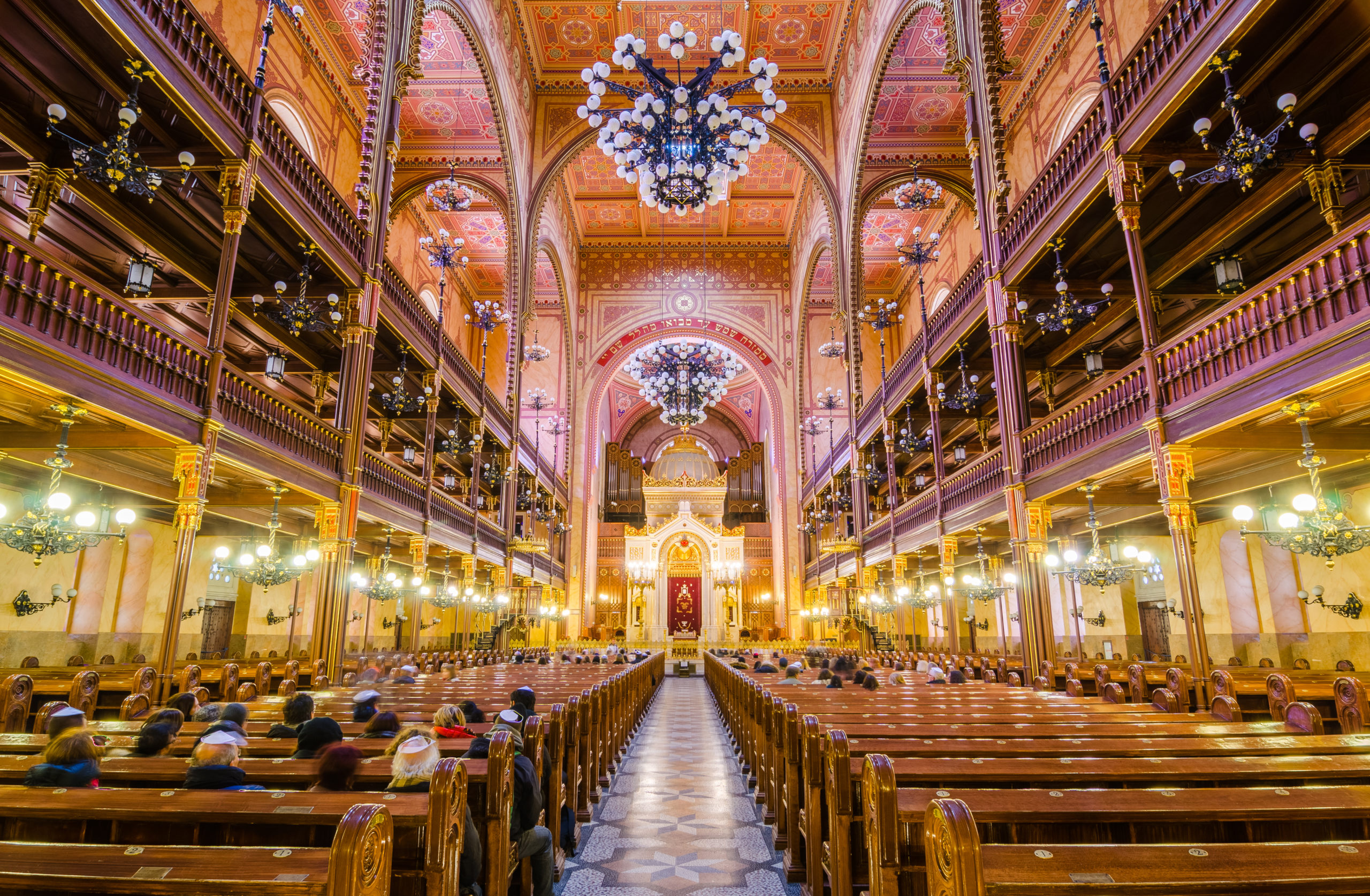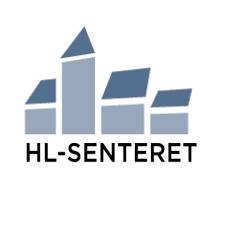The Norwegian Center for Holocaust and Minority Studies
Origins :
The centre was established in 2001 as a result of a year-long process concerning the liquidation of the Norwegian Jews’ economic status during the Second World War.
At the beginning of 2005, the centre moved to the historical building of Villa Grande. Villa Grande was during World War II the residence of the Norwegian collaborator and Nazi-leader, Vidkun Quisling. Villa Grande was then known as “Gimle”, referring to the heavenly place in Asgard within Norse mythology.
With this symbolic act of re-appropriation, the centre transforms the image of this monumental building. Once a house of shame, it is now filled with activities in strong contrast to its former role.
Aims :
The Norwegian Center for Holocaust and Minority Studies (HL-senteret) has several aims that encompass Holocaust studies, research on minority issues, and educational initiatives.
Actions :
- Holocaust Studies: HL-senteret conducts research and educational programs specifically dedicated to the Holocaust. This includes studying the historical events, analyzing the impact of the Holocaust on individuals and society, and exploring relevant ethical and philosophical questions.
- Minority Studies: In addition to Holocaust studies, HL-senteret also focuses on research and educational activities related to various minority groups in Norway and beyond. This includes studying the history, experiences, and challenges faced by ethnic, religious, and cultural minorities.
- Educational Initiatives: HL-senteret develops educational resources and programs aimed at promoting awareness and understanding of the Holocaust, genocides, and minority issues. These resources are designed for schools, universities, educators, and the general public, facilitating learning and discussions on these topics.
- Documentation and Archives: HL-senteret maintains archives and documentation related to the Holocaust and other genocides. These archives serve as valuable resources for researchers, scholars, and individuals interested in studying the history and impact of these events.
- Exhibitions and Events: The centre organizes exhibitions, conferences, seminars, and public events to raise awareness and foster dialogue on the Holocaust, genocides, and minority issues. These events aim to engage the public, promote reflection, and encourage critical thinking.
- Collaboration and Networks: HL-senteret collaborates with national and international organizations, educational institutions, and research centres working in the fields of Holocaust studies, genocide studies, and minority issues. This includes participating in research projects, sharing knowledge, and fostering cooperation to further the understanding of these topics.



 NOA is co-funded by the Rights, Equality and Citizenship Programme (2014-2020) of the European Union
NOA is co-funded by the Rights, Equality and Citizenship Programme (2014-2020) of the European Union